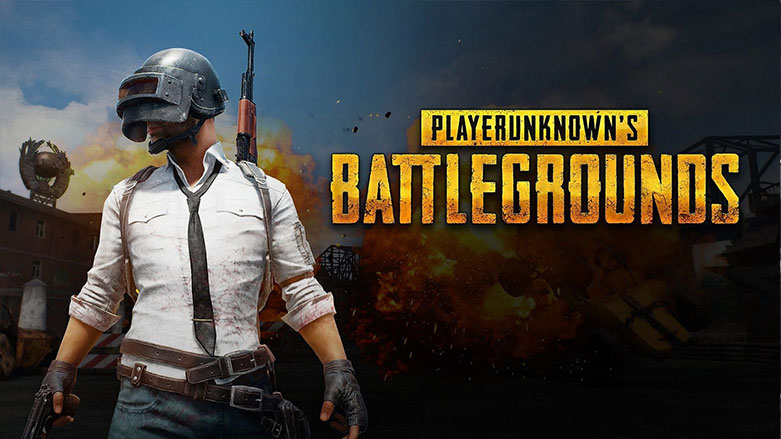The Supreme Court of Nepal has stayed the Government order banning popular mobile game Player Unknown's Battleground (PUBG), the Himalayan Times reports.
On the basis of Kathmandu District Court order, the government agencies in Nepal had issued orders banning PUBG. Nepal Telecommunications Authority had on April 11, directed all internet service providers of the country to block internet traffic originating from PUBG servers.
Some lawyers Pravin Subedi, Bikas Thapa, Anurag Subedi, Suvas Pathak and Ritesh Paudyal and law graduate Binay Rima had then approached the Apex Court challenging these ban orders. In an interim order passed in the writ petition, Justice Ishwar Prasad Khatiwada observed that PUBG was basically a game used by general public for entertainment. The court further remarked:
Staying the Kathmandu District Court order, and all the subsequent orders passed by the Government, the court issued notice to Government to respond in the matter. Situation in India Some cities of Gujarat have imposed restrictions against PUBG. Some persons were also arrested for playing the game, though later released on bail. Gujarat High Court recently dismissed a Public Interest Litigation filed by Internet Freedom Foundation (IFF) challenging the ban imposed by Gujarat police on the online video game PUBG, observing that there is no 'public interest'.
There are PILs pending before some High Courts seeking ban of the game. The Bombay High Court has sought the views of the Centre and the Maharashtra government to file their replies in a PIL filed by an 11-year-old boy seeking a ban on the online game PUBG at all schools in the state. PUBG Player Unknown's Battle Grounds (PUBG) is one of the most popular online games in the world as almost 400 million players play the game worldwide. The online game has up to one hundred players parachute onto an island and scavenge for weapons and equipment to kill others while avoiding getting killed themselves. The available safe area of the game's map decreases in size over time, directing surviving players into tighter areas to force encounters. The last player or team standing wins the round.



